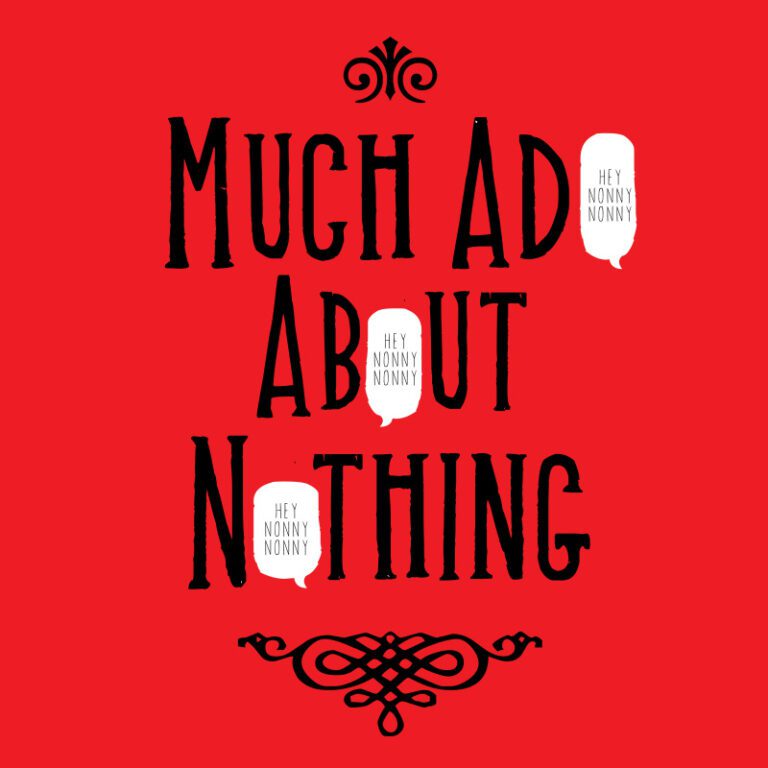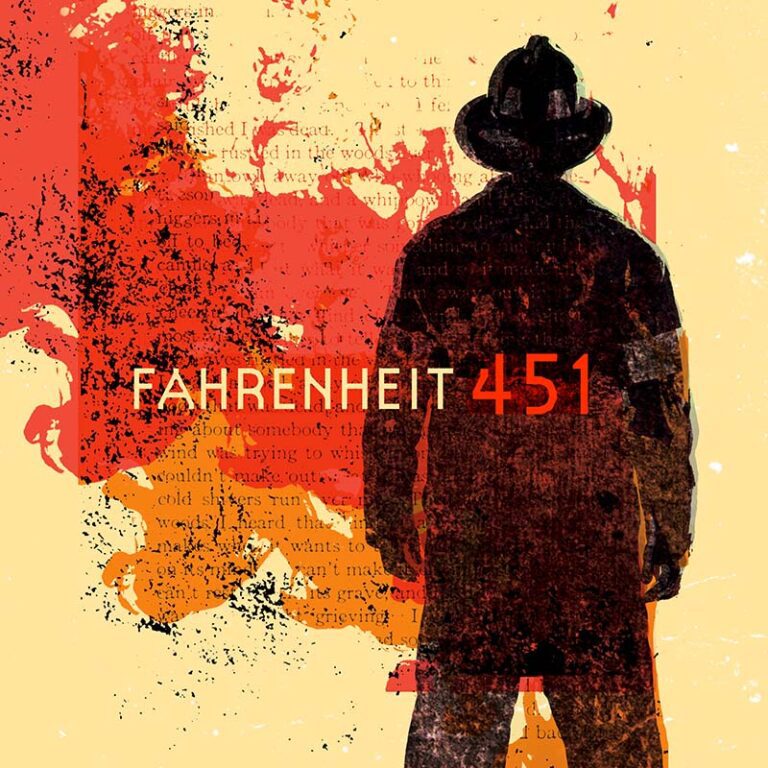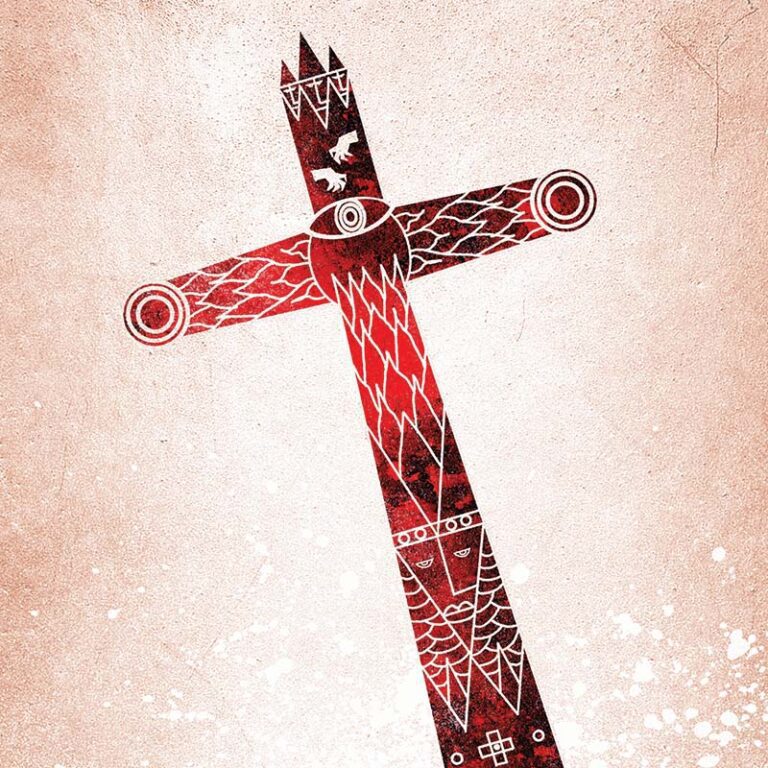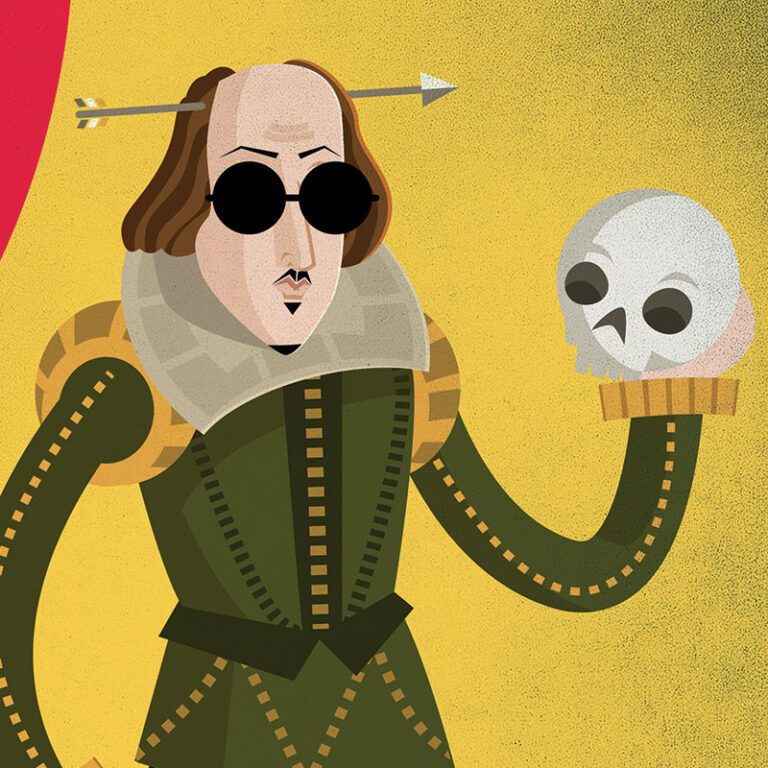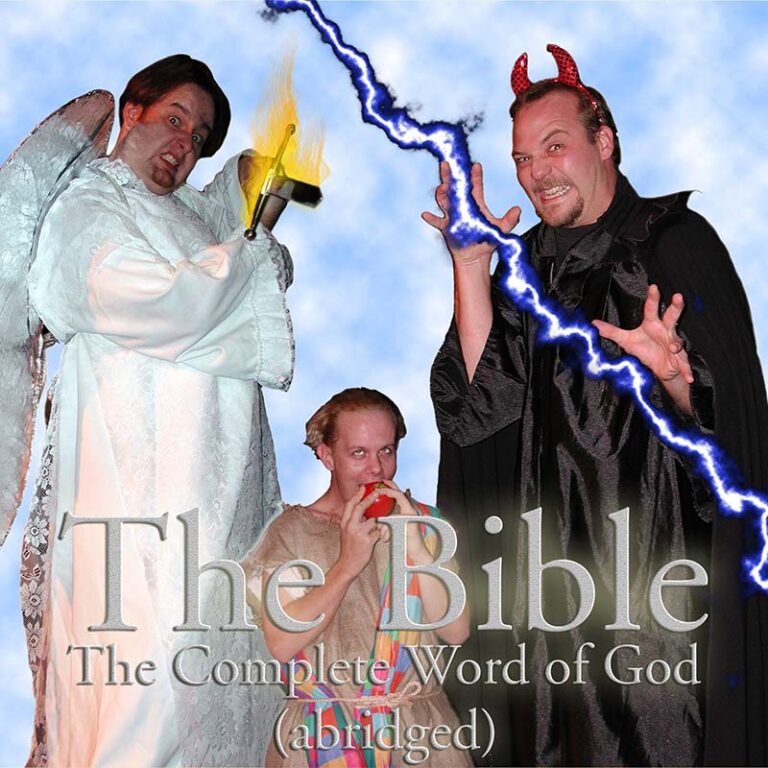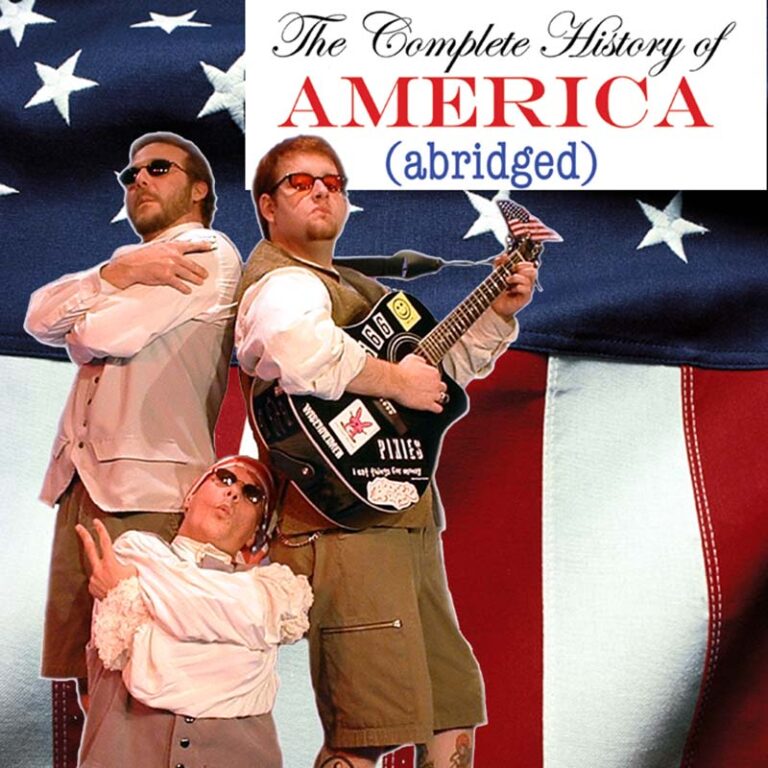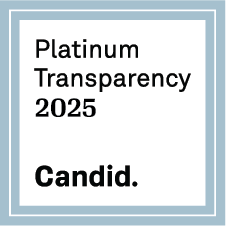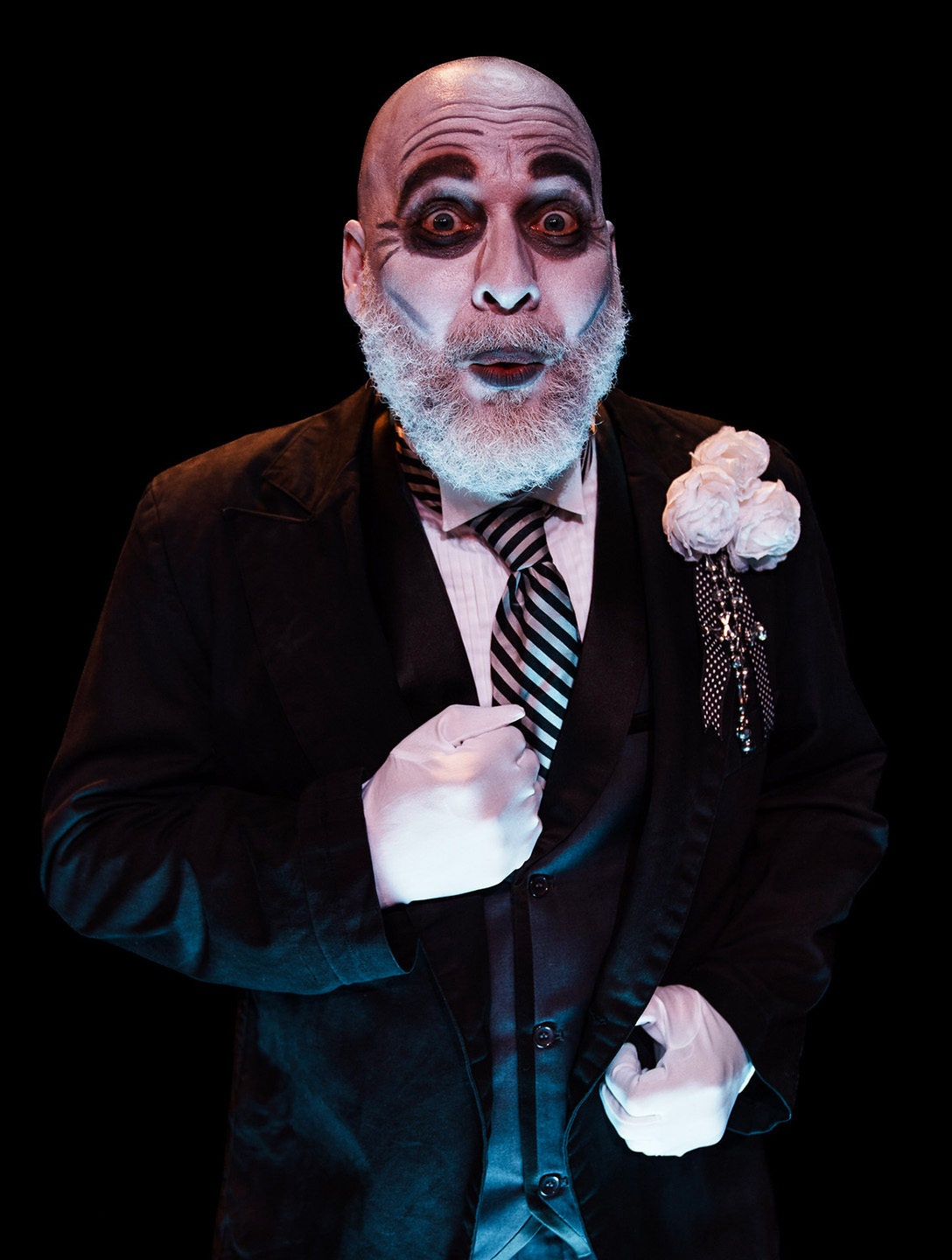Talkbacks
It’s in our mission to create socially and politically relevant theater and perform it to the broadest possible audience. Consequently, it is also our mission to engage our audiences and the community at large into a dialogue that reaches beyond the confines of the theater itself.
Since our very first production of Christie in Love and One for the Road, Jobsite has endeavored to be a better part of our community through public engagements – from forums featuring expert panelists and public dialogue to public question and answer sessions with the artistic staff.
Also, because we produce new and unpublished works, we believe it is an important part of the artistic process for our audiences to provide feedback on new work, incorporating them into the creative process as well.
Here are some representative audience engagements we have offered:
All real living is meeting. – Martin Buber
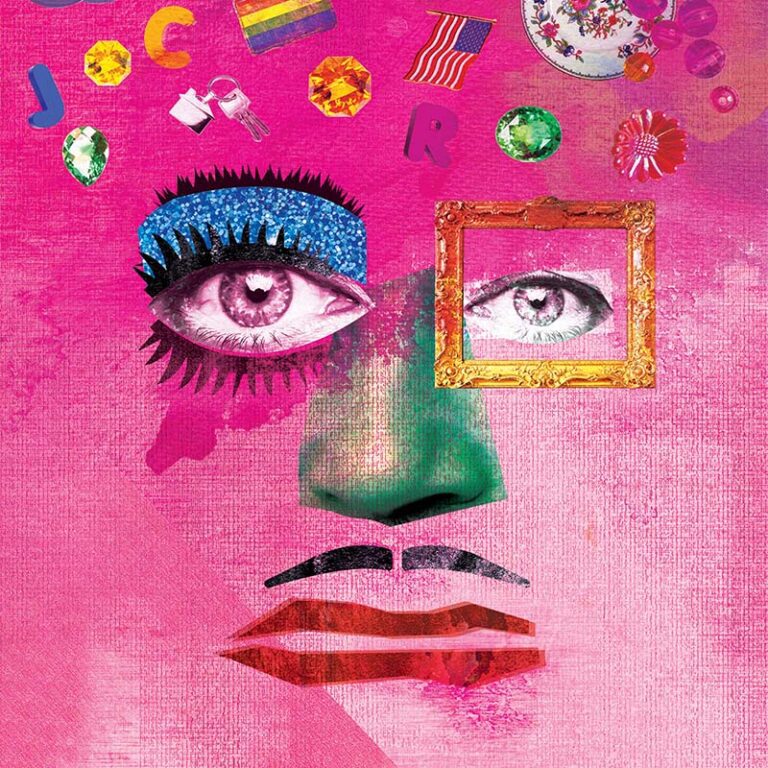
Hir
One talkback with the cast was moderated by the Straz Center’s Marketing Manager and local theater artist Zachary Hines and included a general audience, most of whom were not part of the LGBT+ community and had a lot of questions to ask about the themes the show touched on, particularly that of the trans character Max. This talkback was live-streamed on Facebook for those not in attendance. A second talkback featured the cast and director as well as dramaturg Finn LeFevre, who was also visiting USF at the time as a guest scholar, and an audience mostly comprised of young students actively involved in the LGBT+ community. This talkback created a space where they could get at questions they have about representation, responsibility, and creating a life in the arts.
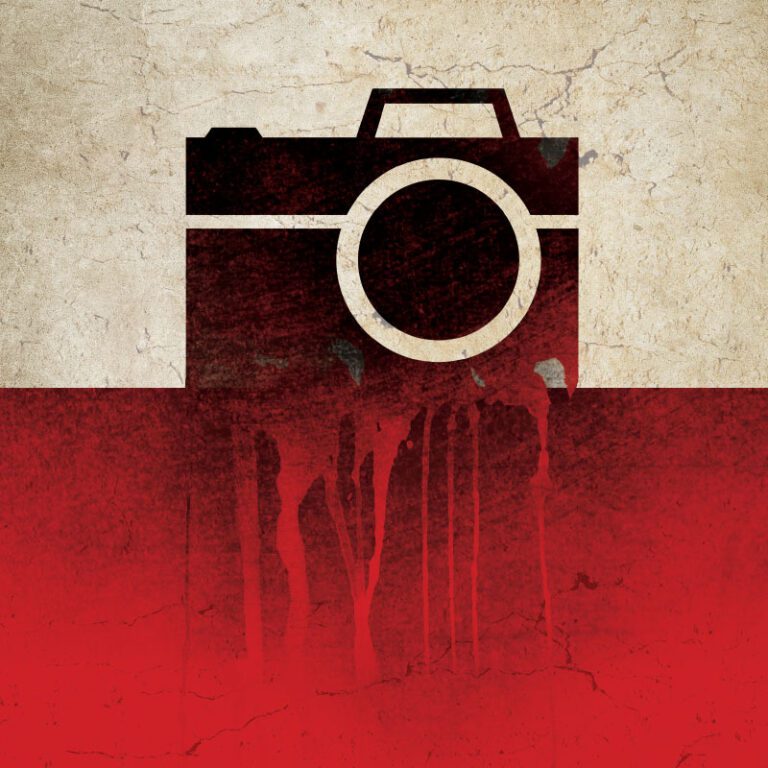
Time Stands Still
One talkback featured guest speakers from CAIR as well as the cast to discuss real-world links to themes in the play such as the representation of Arab, Muslim and the entire Middle East region in Western media and the realities of living in a war-torn region or region in tumult. A second featured Tampa Bay Times reporters Susan Taylor Martin and Ben Montgomery to talk about those same themes from a different angle as well as the challenges of covering war and crisis. Both talkbalks were full and lively, not to mention very productive.

Lebensraum
Opening night featured a talkback with the cast and decorated playwright Israel Horovitz, a living legend in the American theater, who heaped praise on the production, gave us a lot of insight into how it was created and other stagings of it, as well as his trademark theatrical anecdotes from around the world. A second talkback featured representatives from CAIR Florida and the cast who discussed the play's links to the current refugee crises in Europe, and a third talkback featured the cast and Elizabeth Gelman from the Florida Holocaust Museum and a discussion that focused mostly on the Jewish experience during that catastrophic period of human history.
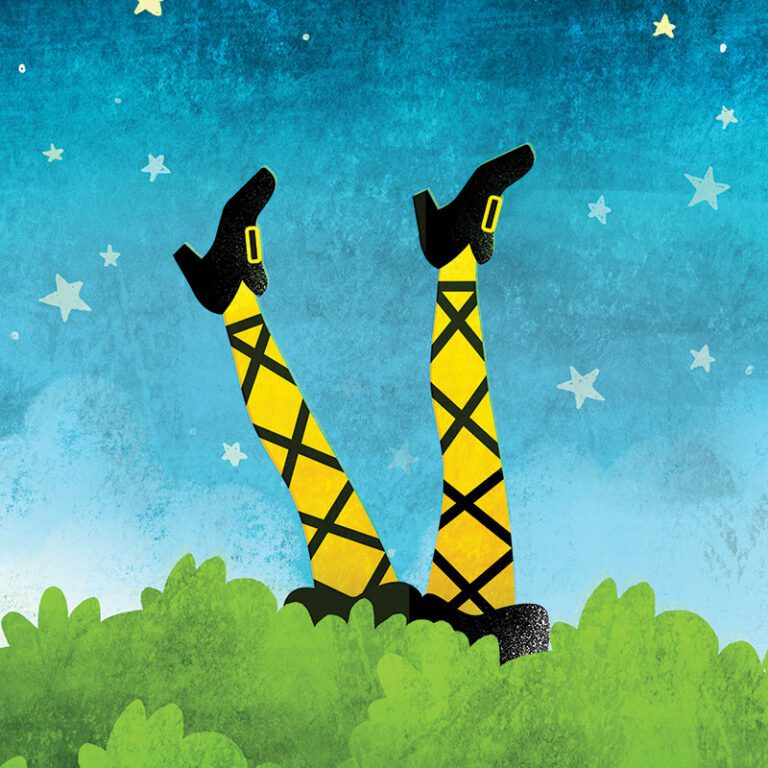
Twelfth Night
Along with numerous post-show discussions with student groups who attended daytime matinees, two evening talkbacks were held in conjunction with this production. The first, in partnership with the Tampa Bay History Museum with guest speaker Rodney Kite-Powell, covered the "golden years" of Ybor City. Many "old school" Tampanians in the audience regaled us with stories about that period of time we set the play in. The second talkback focused on adaptation and how to analyze and perform Shakespeare. We received a generous pack of thank-you notes, all from the students who attended.

The Hound of the Baskervilles
We offered a post-show discussion to both undergraduate and graduate students of Performance Studies in the USF Communication department that covered areas including general performance techniques and adapting classic literature for the stage.
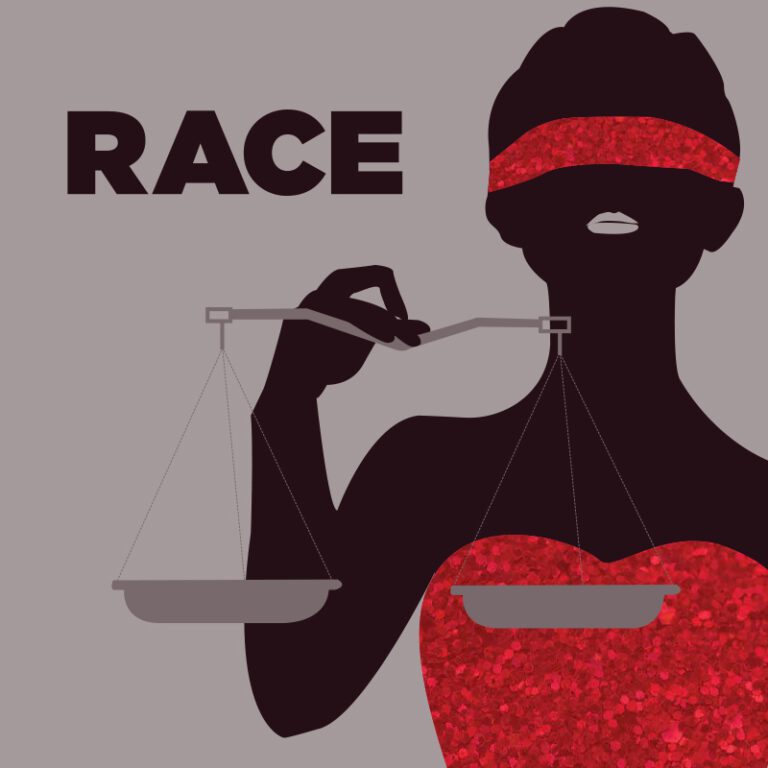
Race
On May 13, 2012, we offered a public forum on race relations in conjunction with our production of Race by David Mamet. The panel consisted of Dr. Abe Khan (USF Depts. of Africana Studies, Communication), noted author Dr. Roy Kaplan, and race scholar Alisha Menzies. It was a lively, thought-provoking hour-long talk after a sold-out performance. Audiences were provided a list of thoughtful prompts to generate further discussion past the theater, and a selected bibliography for further reading.
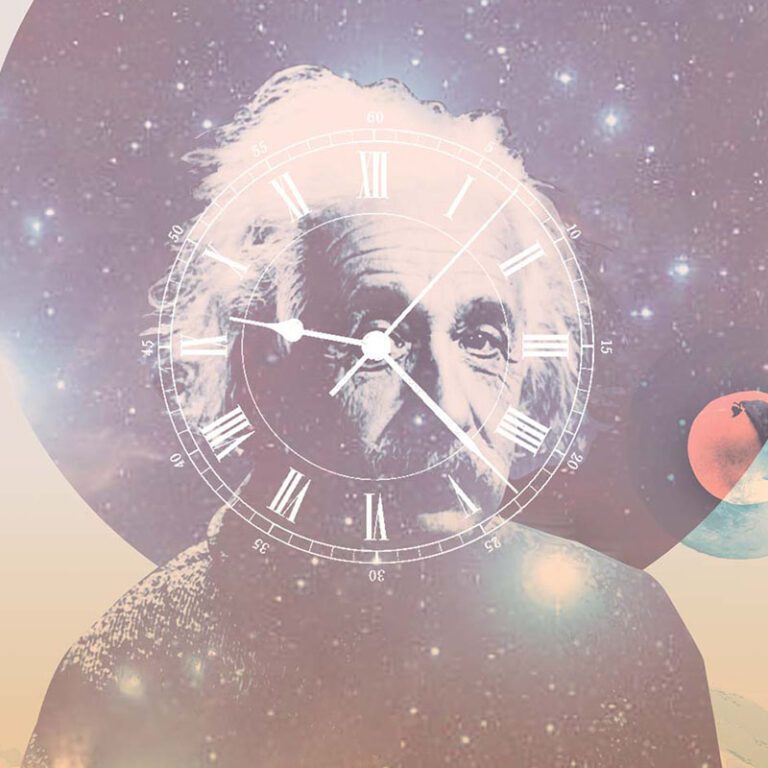
Einstein's Dreams
We held talkbacks after every performance with the audience to discuss the script, the style and what it's like to be a part of ensemble theater. One talkback featured co-writer Dr. Ralf Remshardt.
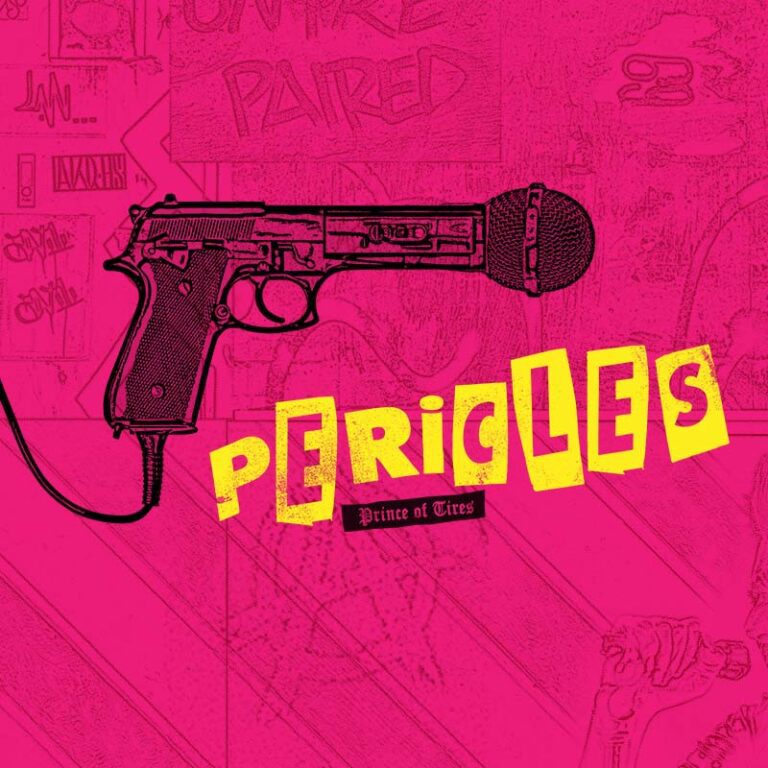
Pericles Staged Reading
Jobsite solicited viewer feedback on the work in progress and gave the audiences an inside eye to the creation of a new musical.
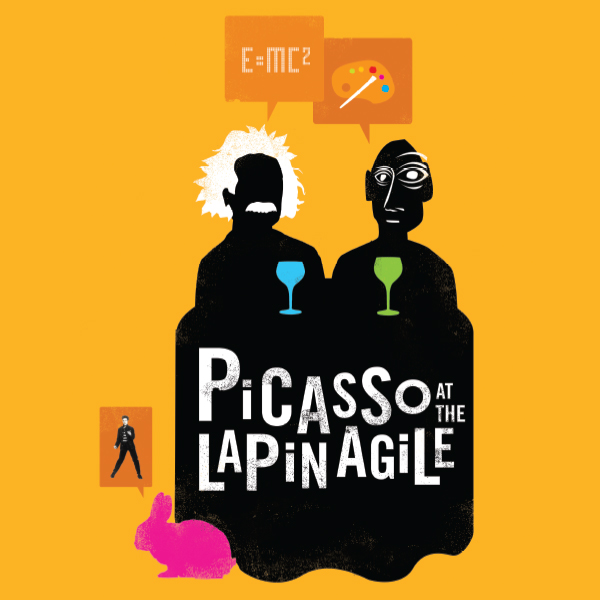
Picasso at the Lapin Agile
Two talkbacks were held for high school and college groups where participants could learn more about the play, the historical context, the process and playwright Steve Martin.
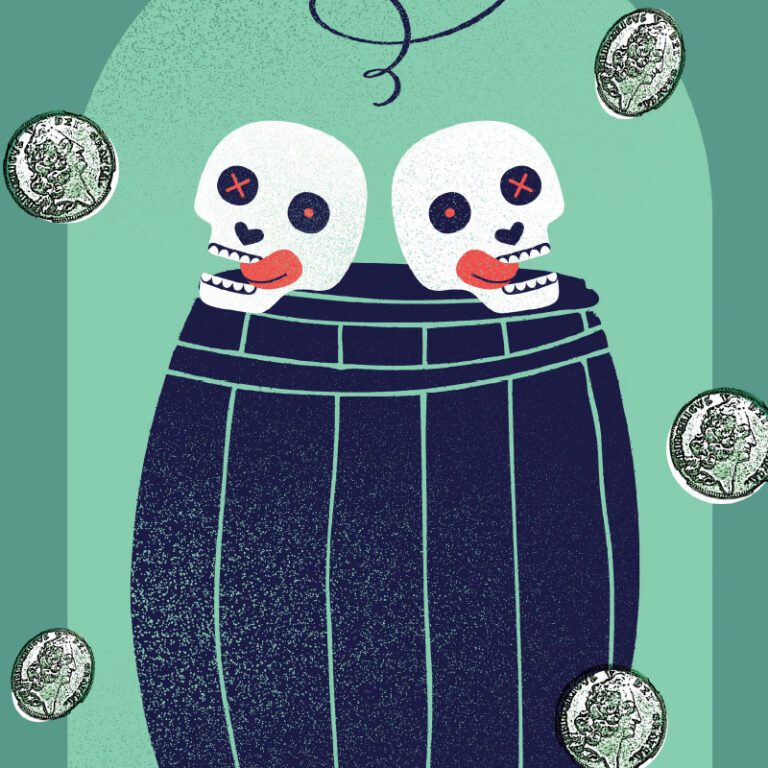
Rosencrantz and Guildenstern are Dead
Several talkbacks were held with high school and college students as well as with general audience members to discuss the play, it's associations with Hamlet and Waiting for Godot, the historical and theatrical context, playwright Tom Stoppard and general insight into what it takes to create live theater.
Numerous talkbacks have taken place over the years in conjunction with The Complete Works of William Shakespeare (abridged), The Bible: The Complete Word of God (abridged), and The Complete History of America (abridged) to address the specific subject matter present, comedy, and general insight into what it takes to create live theater.

Race
On May 13, 2012, we offered a public forum on race relations in conjunction with our production of Race by David Mamet. The panel consisted of Dr. Abe Khan (USF Depts. of Africana Studies, Communication), noted author Dr. Roy Kaplan, and race scholar Alisha Menzies. It was a lively, thought-provoking hour-long talk after a sold-out performance. Audiences were provided a list of thoughtful prompts to generate further discussion past the theater, and a selected bibliography for further reading.
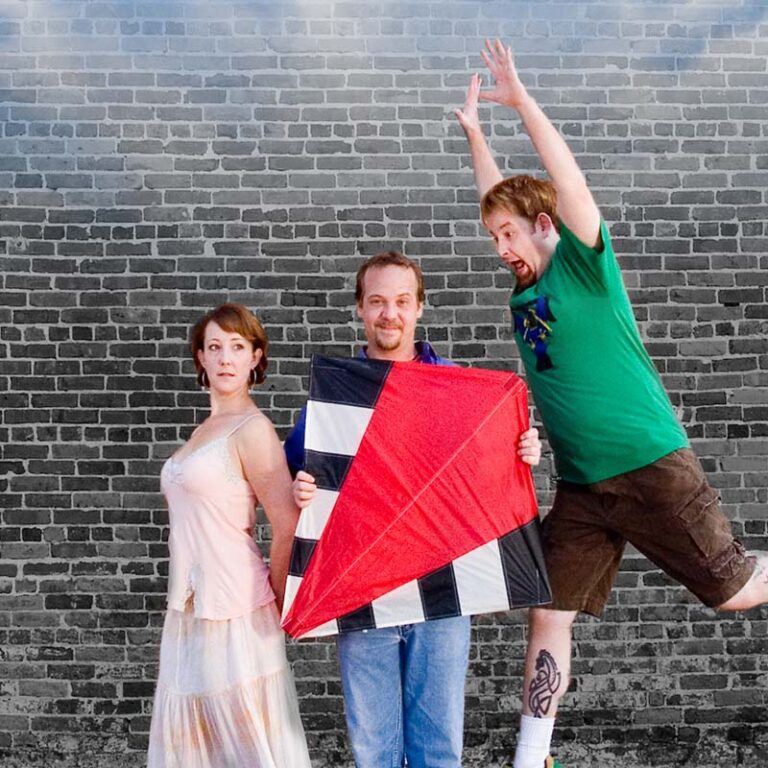
The March of the Kitefliers
A talkback was held with students and general audience to discuss the new work, creating original work and general insight into creating theater.
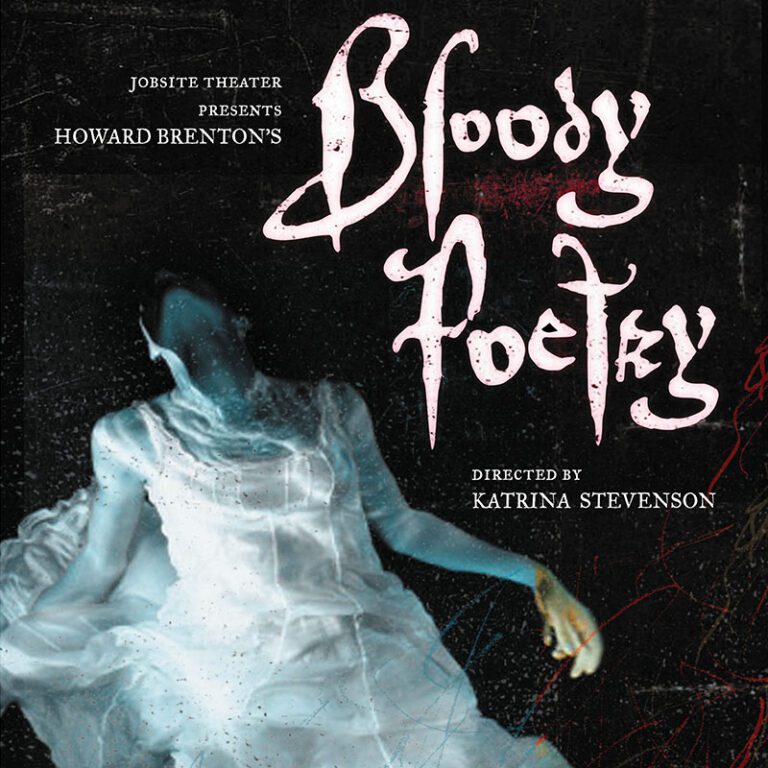
Bloody Poetry
Two talkbacks were held for high school and college groups where participants could learn more about the play, the historical context of the figures present (including several Romantic poets), the process and what it takes to create live theater.
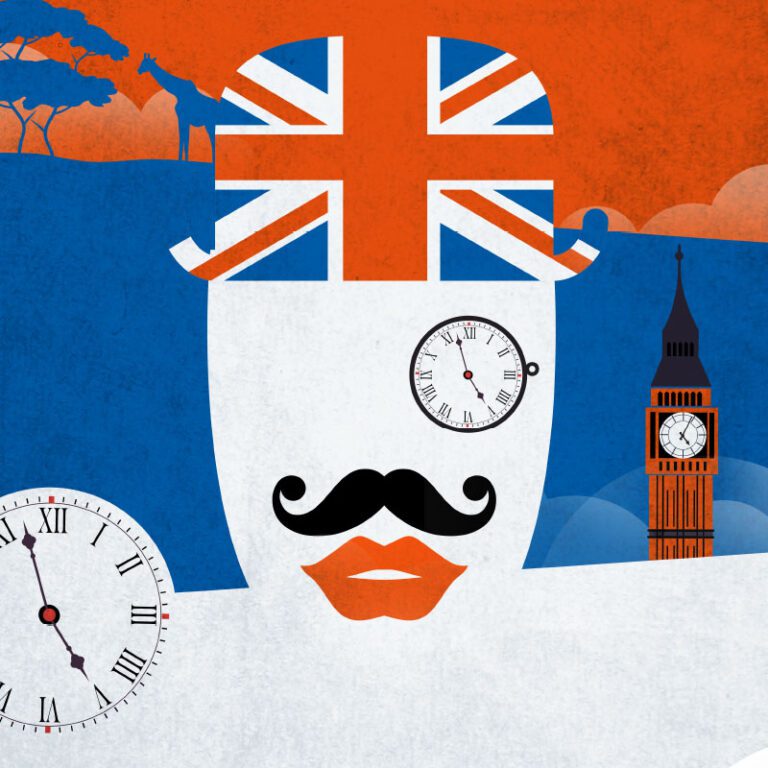
Cloud Nine
A talkback took place with both students and general audience to discuss feminism, alternative sexualities, postcolonialism, British theater and issues of race and gender. Additional insight was provided about playwright Caryl Churchilll and general theater creation practices.
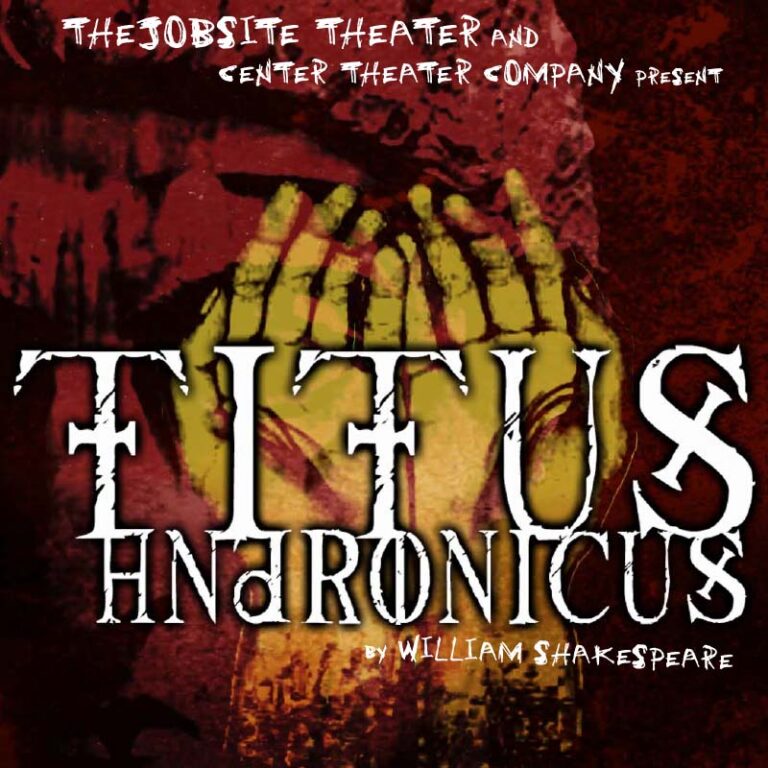
Titus Andronicus
A talkback was held with both students and general audience to discuss Shakespeare, adapting texts and general theater production.
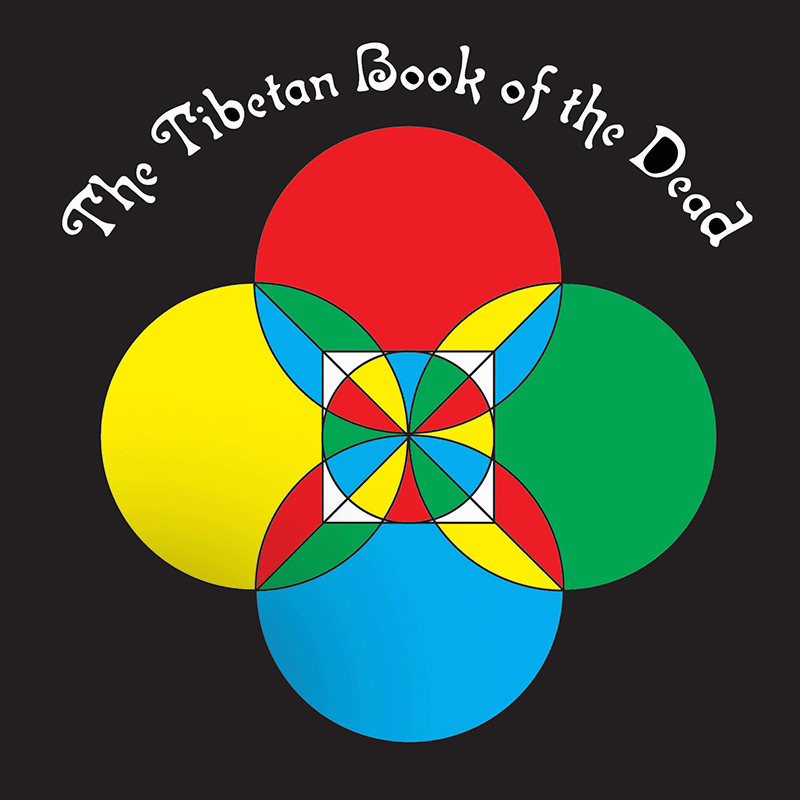
The Tibetan Book of the Dead
Two talkbacks were held during the run of the show, which was also part of the Art & Spirituality festival, to talk about loss, grief, the sacred text and the creation of theater.
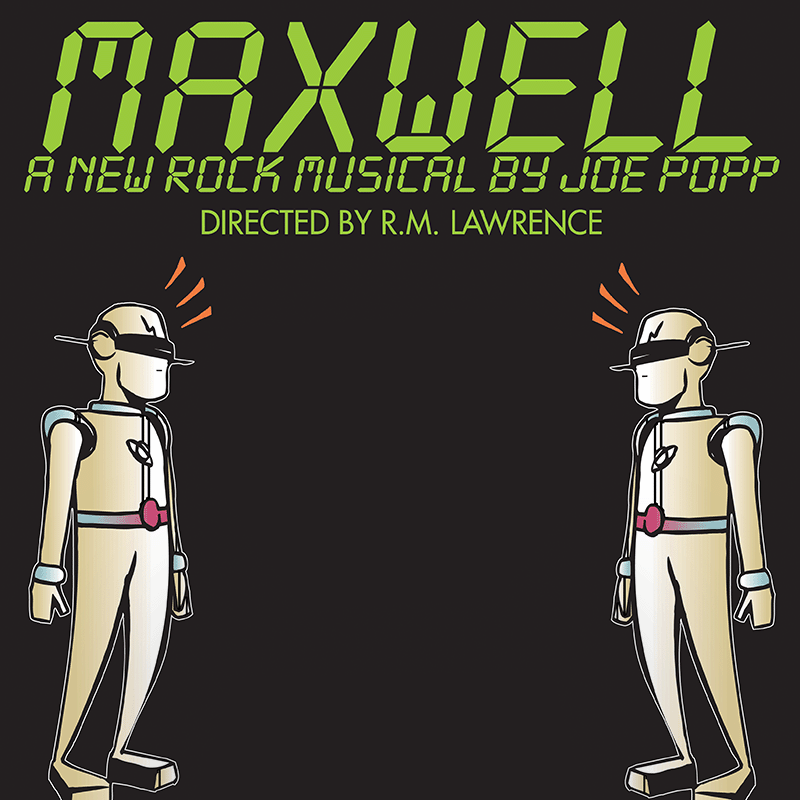
Maxwell
A talkback was held with students and general audience to discuss the musical, the creation of new work and to provide insight into the creation of live theater.
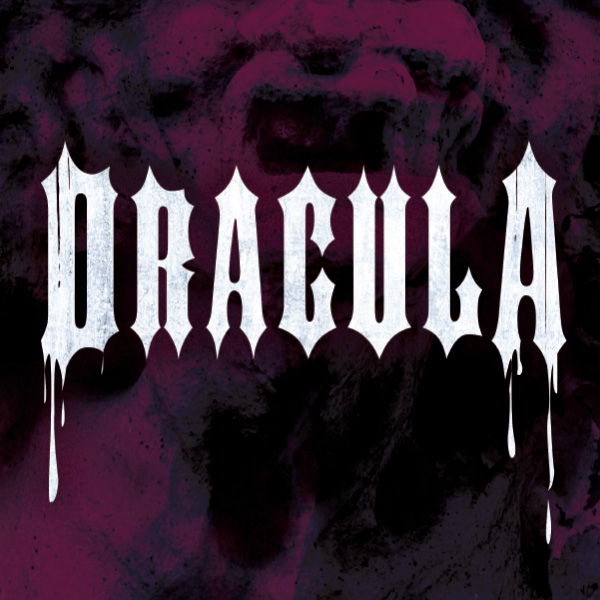
Dracula
A talkback was held with students and general audience to discuss the horror genre, Bram Stoker and the many incarnations of his famous story as well as to provide insight into what it takes to create theater.
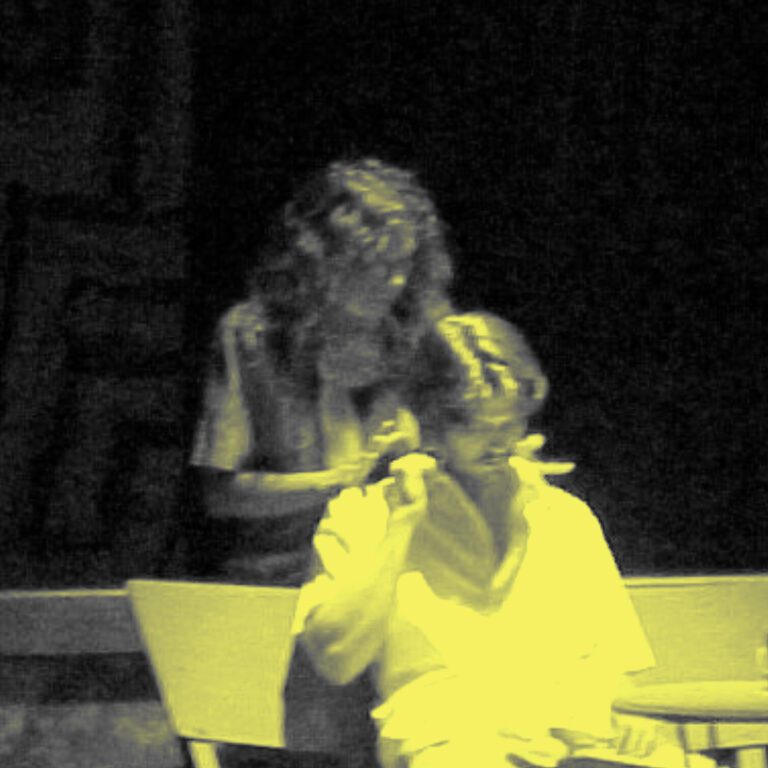
Waiting on Sean Flynn
A talkback was held, including visiting playwright Steve Patterson, to discuss the events and historical persons of the play, journalism and the Vietnam War, as well as providing general knowledge on creating theater.
True West
A talkback was held to solicit feedback from the audience, discuss the play and to provide insight into what it takes to create and produce theater on a small budget.
Christie in Love/One for the Road
Talkbacks were held during our first production to solicit feedback from the audience, ask questions as to what they felt was missing from local theater, and to discuss the play and provide insight into a new company producing for the first time.
Job-side Staged Readings
All of our staged readings feature talkbacks post-show to solicit feedback on a work in progress and give an inside mind into creating new work and producing theater.

